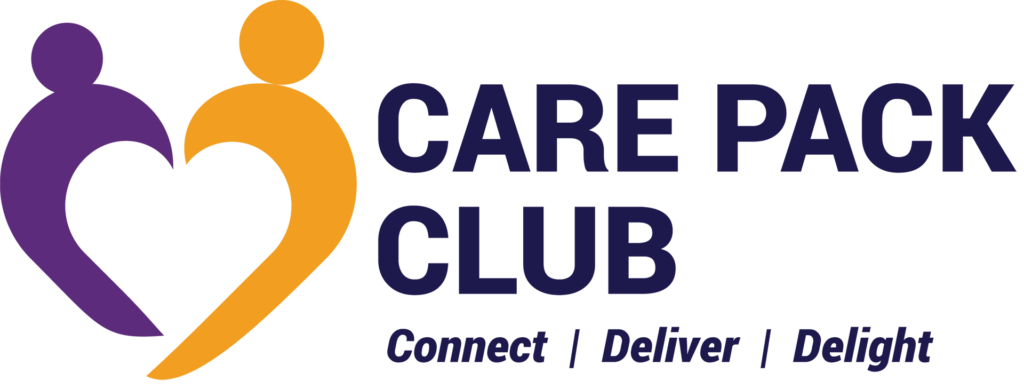If you’re mailing a skill-building kit to a nurse practitioner, you can include various resources and tools that support their professional development and enhance their skills in healthcare. Here are some items that would be beneficial to include in a skill kit for a nurse practitioner:
- Clinical Guidelines and Reference Materials: Provide reference books or pocket guides that cover essential clinical guidelines, protocols, and evidence-based practices. These resources can assist in decision-making and ensure the nurse practitioner stays up to date with the latest medical standards.
- Continuing Education Opportunities: Include information on relevant conferences, webinars, or workshops focused on advanced nursing practices or specialized areas of healthcare. Provide access codes or registration details to support their participation in these educational events.
- Advanced Assessment Tools: Include specialized assessment tools or instruments that help nurse practitioners enhance their diagnostic and examination skills. Examples could include specialty-specific physical assessment guides, diagnostic algorithms, or examination videos.
- Pharmacology Resources: Provide drug reference books, medication guides, or pharmacology textbooks that focus on prescribing medications, understanding drug interactions, or managing common conditions. These resources can aid nurse practitioners in making informed decisions about medication therapies.
- Case Studies and Clinical Scenarios: Include case studies or clinical scenarios that simulate real-life situations encountered in healthcare practice. These resources promote critical thinking, problem-solving, and clinical decision-making skills. Include accompanying discussions or solutions to facilitate learning.
- Practice Improvement Tools: Offer resources that focus on quality improvement, patient safety, and healthcare outcomes. This could include tools for conducting root cause analyses, implementing evidence-based practices, or developing care protocols that enhance patient care.
- Professional Networking Opportunities: Provide information about professional nursing associations, forums, or online communities that offer opportunities for networking and knowledge sharing. These platforms enable nurse practitioners to connect with peers, access resources, and engage in discussions related to their field.
- Clinical Simulation Materials: Consider including simulation kits or resources that allow nurse practitioners to practice and refine their skills in a controlled environment. This could include simulation mannequins, task trainers, or virtual simulation software that replicates clinical scenarios.
- Research Publications: Include subscriptions to nursing journals or publications that feature the latest research, advancements, and best practices in the field of healthcare. These resources keep nurse practitioners informed about current trends and enable them to integrate evidence-based practices into their work.
Remember to customize the skill kit based on the nurse practitioner’s specific interests, specialization, or areas they wish to further develop. Additionally, provide clear instructions on how to effectively utilize the resources and encourage the nurse practitioner to create a personalized learning plan.







